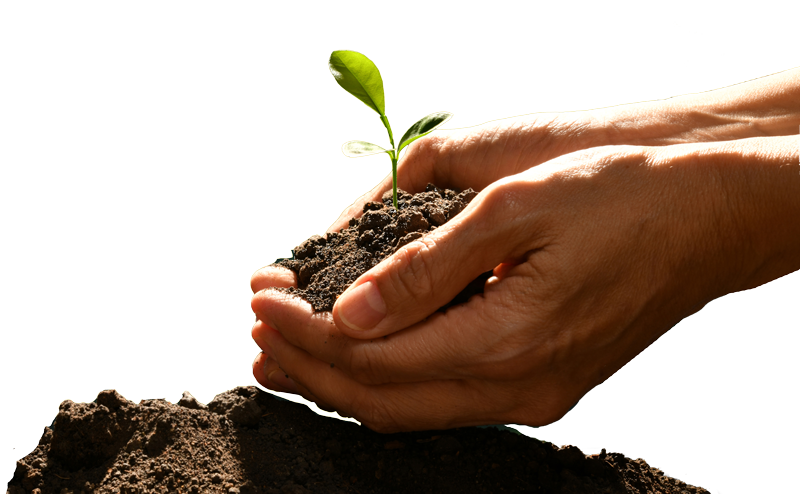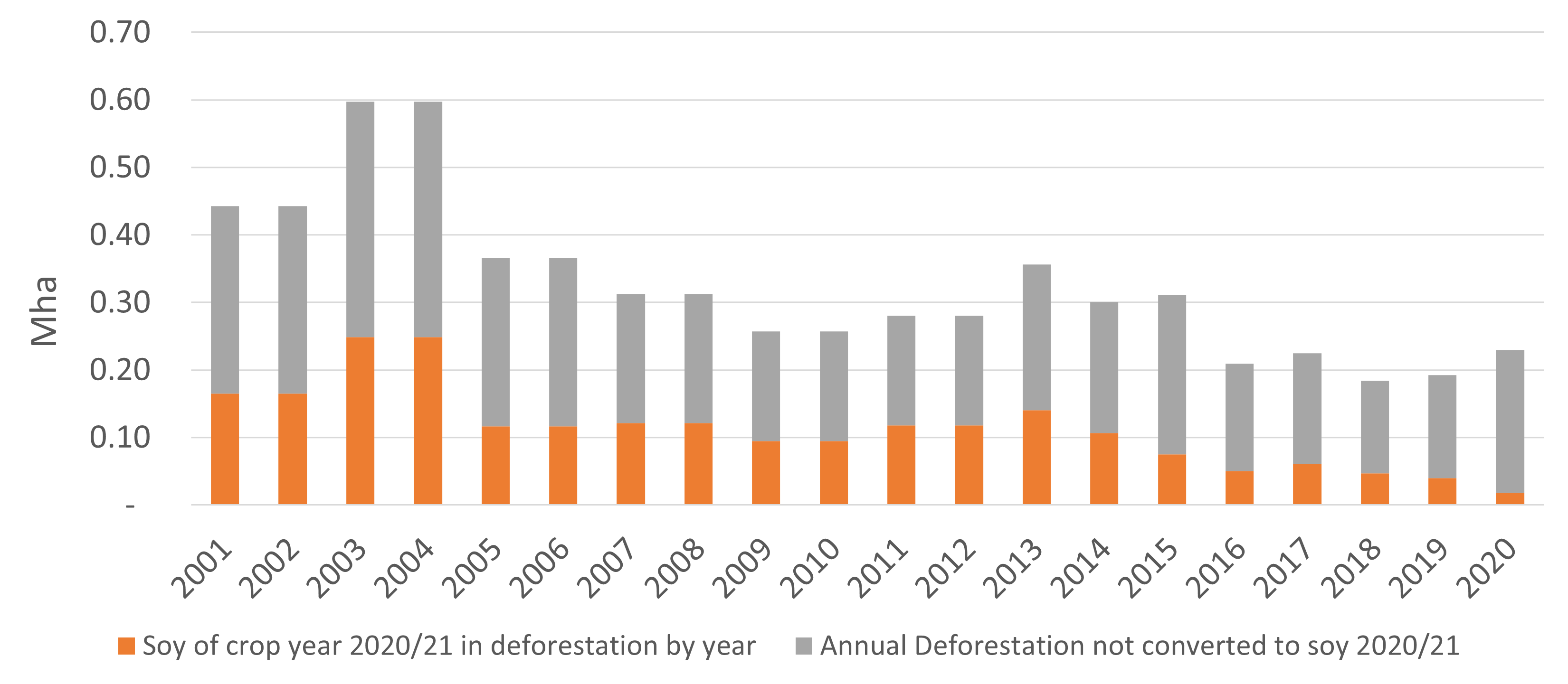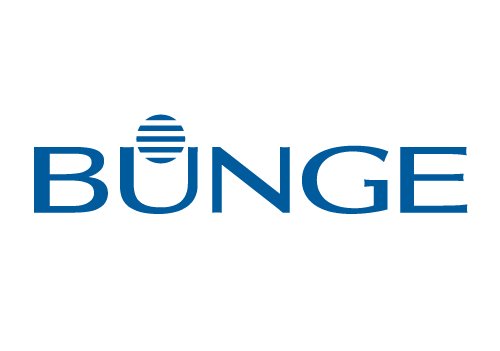
In 2018, the World Business Council for Sustainable Development (WBCSD) established the Soft Commodities Forum (SCF) to enable member companies to collaboratively find effective solutions to common sustainability challenges, bridging global goals with local realities.
Like WBCSD, SCF members realize how complex soy supply chains are and that no single business can tackle the challenges of deforestation and savannah conversion alone.
Collaboration between SCF member companies helps move the entire sector forward, establishing and applying common performance indicators and engagement processes to end deforestation and native vegetation conversion driven by soy crop expansion.
Transparency is essential in tracing soybeans to the farms from whence they came to help eliminate such risks, which are significant challenges worldwide – especially in Brazil’s Cerrado region. The SCF publicly reports its progress twice a year, in June and December, for any stakeholder to review. This report marks the first time SCF member companies disclose their performance in monitoring soy volumes verified to be deforestation- and conversion-free in the Cerrado region.

Consider these facts:
- While it has never received the same attention as its neighbor – the Amazon – the Brazilian Cerrado, known as the “Birthplace of Waters,” is the world’s most biodiverse savannah. It is home to 5% of the planet’s animal and plant biodiversity, including more than 1,600 species of mammals, birds, and reptiles. There also are more than 10,000 species of plants, nearly half of which are not found anywhere else in the world, according to the World Wildlife Fund.
- Between 2014 and 2020, 620,000 hectares (or 1,532,053 acres) were cleared for soy plantations, representing 10.6% of total deforestation in the Cerrado biome within that period, according to an Agrosatélite study based on PRODES data. According to the same study, 64% of total deforestation in the biome happened within the SCF scope – in the 61 focus municipalities – during the same period. It is important to note that soy production over deforested areas in the same period represents 3% of the total soy in the Cerrado (Source: Agrosatélite). Nevertheless, the overall trend of soy-driven deforestation is decreasing within our scope, as seen in Figure 1.
- According to the IPCC, agriculture, forestry, and other land use contribute to approximately 23% of greenhouse gas emissions caused by humans.

Figure 1. Total deforestation by year (PRODES 2001-2020) in the Cerrado, in grey, and areas of native vegetation converted to soy in the crop year 2020/2021 within the SCF scope, in orange. (Source: Agrosatélite).
Companies that buy, sell, and process soft commodities such as soybeans play a unique role in connecting soy suppliers with wholesale processors and retail customers around the world. They have a unique opportunity to help drive progress on the elimination of soy-driven deforestation and conversion.
The SCF’s six current members – ADM, Bunge, Cargill, COFCO International, Louis Dreyfus Company (LDC) and Viterra – are among the world’s largest soy exporters and are committed to the elimination of deforestation in their supply chains where they operate in the Cerrado. They have pledged to make their soy supply chains free from deforestation and native vegetation conversion (NVC), balancing economic, social, and environmental priorities.
Hosted by WBCSD, the SCF contributes to the Food & Agriculture pathway agenda by focusing on promoting the nature-, climate- and farmer-positive production of soy, contributing to food system transformation and WBCSD’s Vision 2050 strategy.
The SCF management team facilitates dialogue and the pooling of resources and information. It promotes open dialogue with stakeholders in the soy value chain as well as the wider community.
Lessons learned from the Cerrado region in Brazil will be essential to scaling efforts to reach other crops and biomes globally.







